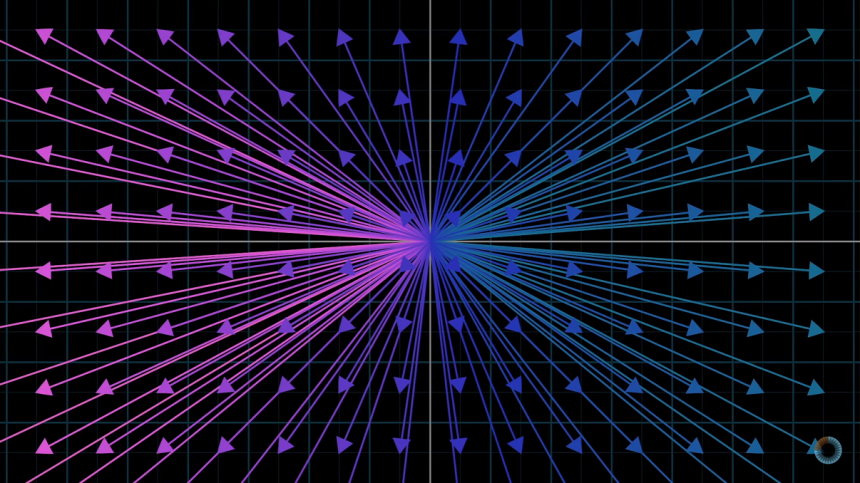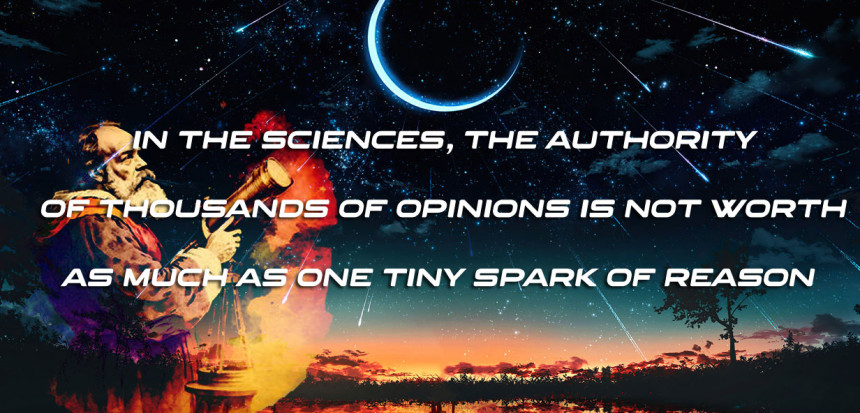
The Essence of Linear Algebra
Linear algebra is a branch of mathematics that deals with vectors and vector spaces. It is a powerful tool used in various fields such as computer science, physics, engineering, and economics. Understanding the essence of linear algebra can provide a solid foundation for further studies in these areas, as well as enhance problem-solving skills.
1. What is Linear Algebra?
Linear algebra involves the study of vectors, vector spaces, and linear transformations. Vectors can be represented as arrows or directed line segments and have both magnitude and direction. They can be added or multiplied by scalars to form new vectors.
Vector spaces are sets of vectors that satisfy certain properties, such as closure under addition and scalar multiplication. These spaces have dimensions, which represent the number of independent vectors required to span the space. The concepts of linear dependency and independence are crucial in linear algebra.
Linear transformations are functions that preserve addition and scalar multiplication. They can be represented by matrices, which are rectangular arrays of numbers. These transformations can be used to analyze systems of linear equations and solve problems.
2. Applications of Linear Algebra
Linear algebra has numerous applications in various fields. In computer science, it is heavily used in computer graphics, machine learning, and data analysis. Vectors and matrices are used to represent and manipulate data, solve optimization problems, and perform computations efficiently.
In physics, linear algebra is used to describe physical systems and phenomena. It helps in understanding concepts such as rotations, transformations, and eigenvalues. For example, quantum mechanics heavily relies on the principles of linear algebra.
In engineering, linear algebra is used to model and analyze systems, such as electrical circuits and signal processing. It helps in designing algorithms, solving optimization problems, and performing simulations.
In economics, linear algebra is used to analyze and solve problems related to production, consumption, and pricing. It provides tools to study linear relationships between variables, optimize resource allocation, and analyze economic models.
3. Benefits of Learning Linear Algebra
Learning linear algebra offers several benefits for school goers. Firstly, it enhances problem-solving skills by providing a structured approach to solving complex problems. It promotes logical thinking and helps in breaking down problems into smaller, manageable parts.
Secondly, it improves analytical skills by enabling students to analyze and interpret data. Linear algebra helps in understanding patterns, making predictions, and drawing conclusions from empirical data.
Thirdly, it fosters critical thinking by encouraging students to question assumptions and explore alternative solutions. It promotes creativity and innovation by providing a framework for tackling real-world problems.
Finally, learning linear algebra lays a solid foundation for further studies in related fields. It provides the necessary background to understand advanced topics and pursue higher education or careers in STEM (science, technology, engineering, and mathematics) fields.
4. How to Learn Linear Algebra Effectively
Learning linear algebra effectively requires a combination of theoretical understanding and practical application. Here are some tips to help you master this subject:
- Start with the basics: Begin by understanding the fundamental concepts of vectors, vector spaces, and linear transformations. Familiarize yourself with the terminology and notation used in linear algebra.
- Practice exercises: Solve a variety of exercises to reinforce your understanding and gain fluency in solving problems. Work on both theoretical and computational problems to develop a holistic understanding of the subject.
- Use visual aids: Visualize vectors and operations using diagrams, graphs, and geometrical interpretations. This can provide a deeper understanding of the concepts and make them more intuitive.
- Seek guidance: If you are having trouble grasping certain concepts, don't hesitate to seek help from teachers, tutors, or online resources. Join study groups or online forums to discuss and clarify doubts.
- Apply concepts to real-world problems: Look for opportunities to apply linear algebra concepts to real-world situations. This can help in cementing the knowledge and understanding the practical relevance of the subject.
Conclusion
Linear algebra plays a fundamental role in various fields and offers numerous benefits for school goers. It provides a powerful toolset for problem solving, enhances analytical and critical thinking skills, and paves the way for further studies in STEM disciplines. By mastering the essence of linear algebra, students can unlock a world of possibilities and excel in their academic and professional endeavors.
FAQs
Q1: Is linear algebra difficult to learn?
Linear algebra can be challenging, especially for beginners. However, with proper guidance, practice, and perseverance, it can be mastered effectively.
Q2: Can linear algebra be applied to real-world problems?
Absolutely! Linear algebra has extensive applications in various fields, including computer science, physics, engineering, and economics. It helps in solving real-world problems and analyzing complex systems.
Q3: How can linear algebra improve problem-solving skills?
Linear algebra provides a structured approach to problem-solving. It helps in breaking down complex problems into smaller, manageable parts, promotes logical thinking, and enhances analytical skills.
Q4: Can I learn linear algebra on my own?
Yes, it is possible to learn linear algebra on your own. However, seeking guidance from teachers, tutors, or online resources can greatly enhance the learning experience.
Q5: Is linear algebra only for advanced students?
No, linear algebra is suitable for students of various levels, including beginners. It can be introduced at an early stage and gradually built upon to develop a deeper understanding of the subject.





